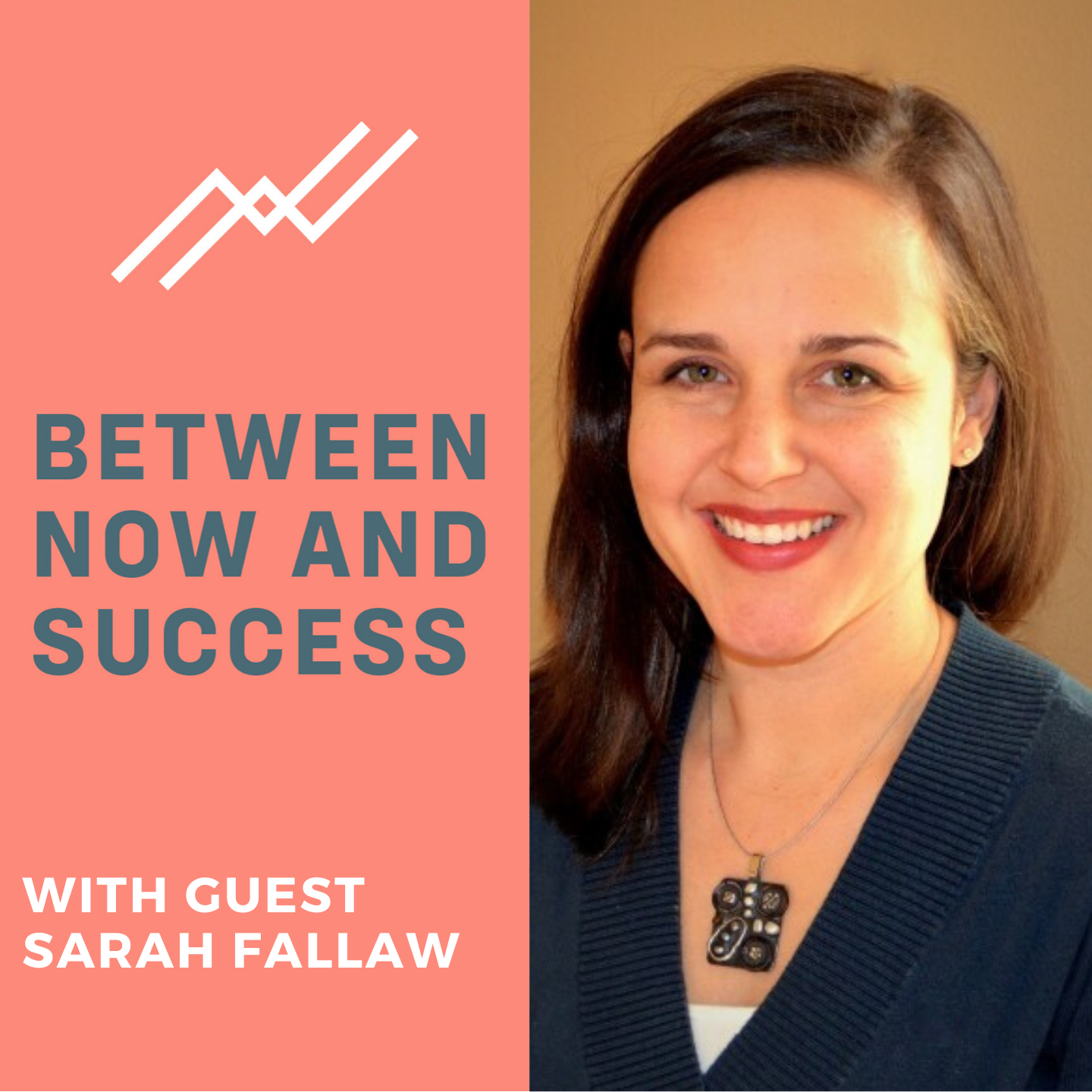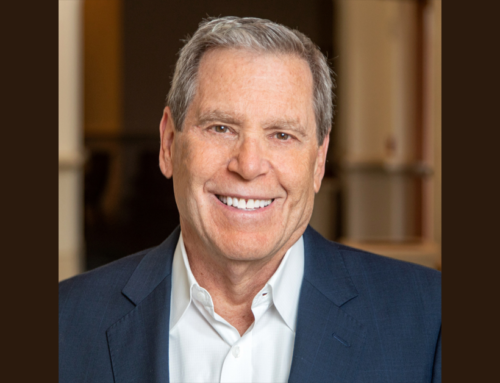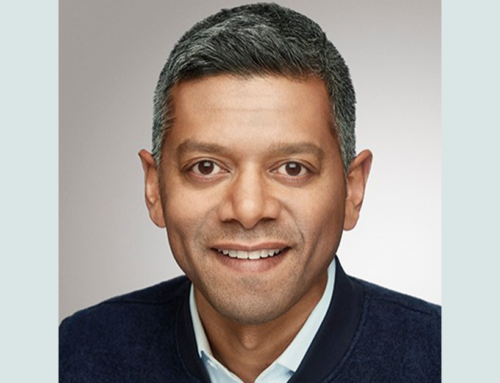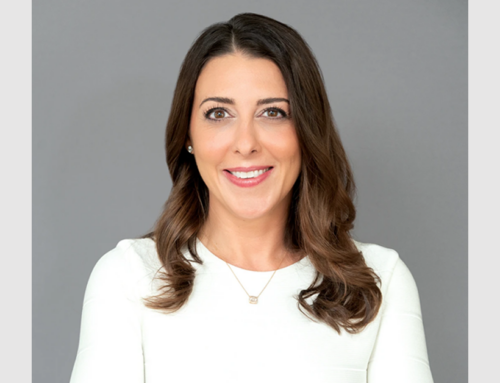The science of wealth is in Sarah Fallaw’s DNA. Her father, the late Dr. Thomas Stanley, literally wrote THE book on how and why affluent people accumulate wealth, “The Millionaire Next Door” (1996). Today, Sarah is using her doctorate in applied psychology to create analytics and metrics that carry on Dr. Stanley’s study of wealth-building habits at the company she founded, DataPoints. The proprietary assessment technology Sarah has developed can analyze individual wealth behaviors and reveal the activities that are scientifically proven to impact people’s ability to generate wealth over time.
On today’s show, Sarah discusses the psychology behind wealth, and how her assessment technology can help financial advisors identify and work well with prospective clients who have strong wealth-building habits.
“The Millionaire Next Door” identified common characteristics that wealthy individuals shared in the 1990s. Here’s how Sarah’s research updates, identifies and applies some of those wealth-building habits today:
1. Wealthy people live well below their means.
Dr. Stanley’s research focused on the ultra-rich. But Sarah has discovered that frugal living is one of the most common wealth-building habits, across the board. “Whether you are talking about individuals in the mass market or mass affluent groups, or at these higher net worth groups, being frugal is a predictor of net worth independent of someone’s age or income,” Sarah says. Advisors should encourage their clients to live within their means now, and enjoy the financial freedom and peace of mind that will come later, especially in retirement.
To continue reading, please enter your email address to unlock the content.

Sarah Fallaw: Even if robo technology is out there, there’s value with working with an individual advisor over time.
2. Wealthy people believe that financial independence is more important than displaying high social status.
The internet was not a part of daily life when Dr. Stanley conducted his research. And as Sarah studied the wealthy’s “social indifference” through the lens of social media, she found that keeping up with the Joneses is much more tempting than it used to be.
It’s human nature to compare what we have to what others have. But in the 1990s, our comparison groups were based on proximity: neighbors, friends, family. Social media creates a much wider, and much more omnipresent, comparison group. This can make it difficult for some people to keep comparison tendencies, and the excessive spending those tendencies might trigger, in check.
No one is completely indifferent to social pressure, but wealthy people put a higher value on being financially independent than they do on having the latest and greatest stuff. If you’re working with a client whom you suspect might spend too much time drooling over glitzy Instagram posts, Sarah recommends a gentle “behavioral nudge” with a simple question: Why? Try to get your clients thinking a bit more about why they spend their money on things. Sarah has found that people who incorporate this thought process into their daily habits will have a greater likelihood of accumulating wealth.
3. Their parents did not provide economic outpatient care.
More and more financial advisors are dealing with clients who are in “long-term care” relationships with their adult children. While we tend to associate this trend with #adulting millennials suffering a “failure to launch,” Sarah notes that the “helicoptering” of Gen X parents is also a factor. Behaviors like emailing teachers to try to get better grades for their kids might lead parents to more excessive coddling, like supporting an extended stay in college, or helping with a first-home purchase before the child is financially independent.
All parents want the best for their kids, but this is another area in which that Ask Why? mentality might help your clients reign in unnecessary spending, and help their kids transition to the working world.
4. They chose the right occupation.
Sarah’s research doesn’t include as many blue-collar jobs as her father analyzed in the 1990s. Tech continues to be the fastest-growing job sector in 2017, but Sarah notes that one characteristic that today’s wealthy engineers share with yesterday’s wealthy construction workers is “ensuring that you have long-term income with something that you love is a critical piece.” Parents who are involved in helping their children weigh the pros and cons of potential career paths also give their kids a higher chance for economic success and happiness.
One new factor that contributes to wealth-building is the rise of the “gig economy.” Sarah has found that many of today’s affluent people supplement their stable day jobs with part time “gigs” that, in some cases, lead to lucrative new businesses.
5. They are confident in their financial management.
Using a biodata-based assessment process that reveals behavior patterns, Sarah has found that the wealthy display a healthy confidence in their financial decision-making.
Sarah’s assessment asks questions like, “How confident have you been when you made a financial decision in the past?” and “How often have you changed your mind after making a major financial decision?” The answers reveal patterns that can predict future behavior. This data can be particularly helpful to financial advisors. “Advisors are subject-matter experts and they understand what it takes to build wealth,” says Sarah, “but when we measure these patterns of behaviors reliably, we’re able then to statistically link it to future outcomes.”
This high level of confidence corresponds with a desire to do things the right way. Confident people can be ideal clients for financial advisors, because they will heed expert advice, make considered judgments during down periods rather than panic, and avoid endangering their long-term savings. Sarah found that confident, wealthy investors also showed a low adoption of robo advisor technology. “Individuals that are looking for a relationship with an advisor, a robo isn’t going to be able to replace that,” says Sarah, which is especially true if your practice is transitioning from rote investment reviews and into lifestyle advising.
6. They believe that they are responsible for their own finances.
People who put too much emphasis on how external factors like world events, politics, and market volatility affect their finances are exhibiting poor wealth-building habits. “We found that individuals who view themselves in the position of being able to impact their financial success, so they take on that responsibility themselves, tend to be more financially successful,” Sarah says. The challenge for financial advisors is to help clients accept that factors outside of their control are part of any financial plan, without feeling helpless.
The work that Sarah is doing at DataPoints shows another example of how forward-thinking financial advisors can enhance their practices by embracing technology, rather than trying to fight it. The inevitable shift in the industry towards lifestyle advising means that advisors have to understand what motivates their clients, and what factors into their decision-making processes. Sarah’s assessments can give advisors a clear map of their clients’ wealth-building habits, and the ability to predict how those habits will impact their finances in the future.
Resources
DataPoints Visit Sarah and her team online.
“The Millionaire Next Door” Read Dr. Stanley’s classic study.
Values Clarification Toolkit Click here to download this FREE tool and start living your values.





